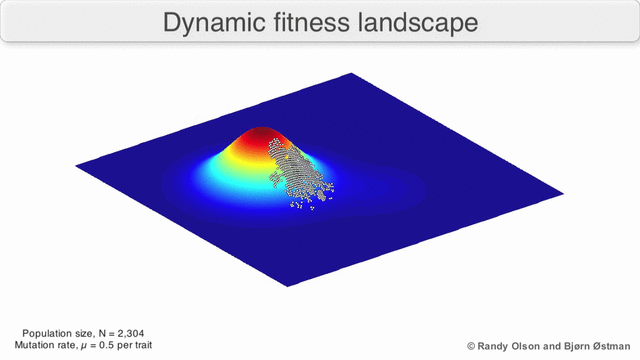"Fourteen years after Suzanne Edwards stood on a balcony in Morocco, leant against the side and felt the railing break, she moves her right leg forwards. he shifts weight to her left leg. veating with the effort, and slowly makes a step.No one would call it a miracle. In this Swiss physiotherapy unit there is a harness suspended from the ceiling, bars to hold on to and a team monitoring her progress. Later she may transfer to a walking frame for short distances. But there is still something miraculous about it....Weeks after experimental surgery, simply by thinking about walking, Edwards walks. She is far from cured but she is also far from what she thought she could do when shewoke up to be told her back had broken."
No, The Times de ontem "I was told I'd never walk again. Now I just think walk' and I do". O artigo descreve o caso de Suzanne Edwards, uma mulher que ficou paralisada após um acidente e que conseguiu voltar a andar graças a uma tecnologia inovadora de implantes neurais ligados à inteligência artificial (IA). O sistema, desenvolvido por Grégoire Courtine e pela neurocirurgiã Jocelyne Bloch no Hospital Universitário de Lausanne (Suíça), cria uma espécie de “ponte digital” entre o cérebro e a medula espinhal: os sinais elétricos associados ao pensamento de “andar” são descodificados por um processador externo e reenviados a um segundo implante na medula, que estimula as pernas a moverem-se.
Embora ainda em fase experimental, este avanço mostra potencial para transformar a vida de pessoas com paralisia e mudar a forma como a sociedade encara a incapacidade permanente.
Recordar: Ver para lá do que se conhece - Parte I, parte II, parte III, parte IV, parte V e parte VI.

%2014.42.jpeg)
%2015.30.jpeg)
%2012.41.jpeg)
%2013.43.jpeg)















%2006.21.jpeg)












